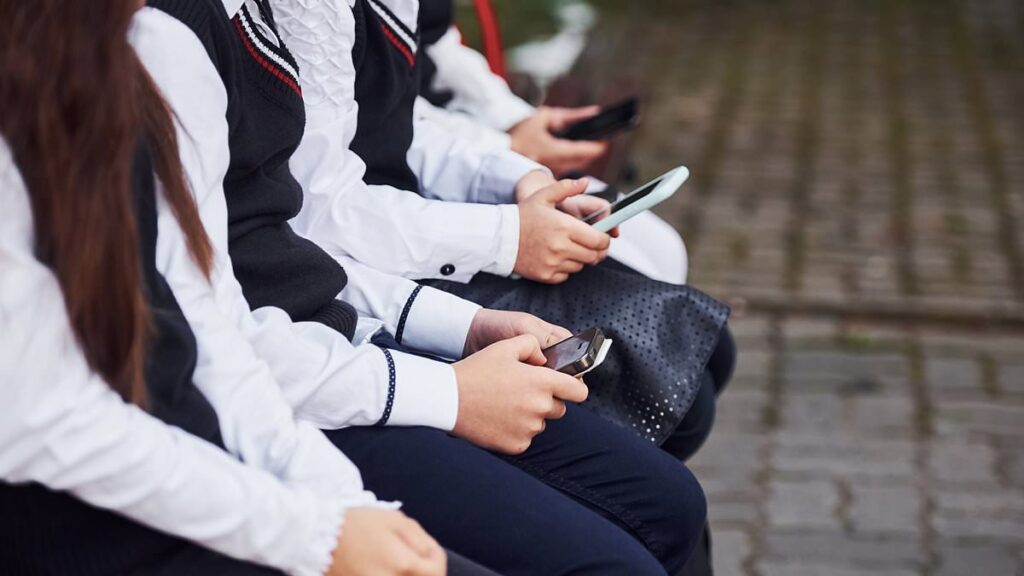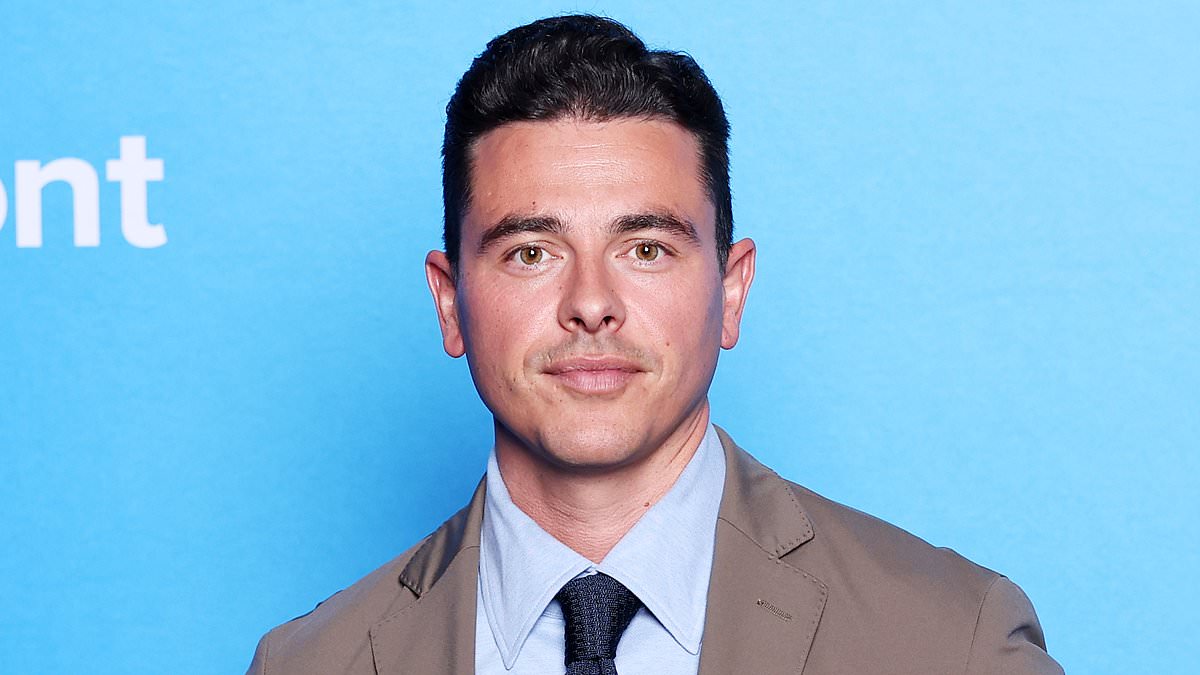- Meta has said it will comply with the age limit, but expressed some concerns
By ELENA SALVONI
Published: | Updated:
The Australian government is set to introduce ‘world-leading’ legislation to ban social media for all children under the age of 16, with no exemptions if they have parental permission.
The tech giants behind platforms including Facebook, Instagram, TikTok and X will have only a year from when the law is passed to work out how to enforce the strict age limit.
The legislation will be introduced in parliament during its final two weeks in session this year, from November 18, and could have repercussions around the world as MPs in the UK consider stricter limits on phone usage in schools.
‘Social media is doing harm to our kids and I’m calling time on it,’ Australian Prime Minister Anthony Albanese said, adding that he had spoken to ‘thousands of parents, grandparents, aunties and uncles’ on the issue.
‘They, like me, are worried sick about the safety of our kids online,’ the Labor politician said. ‘I want Australian families to know that the government has your back. I want parents to be able to say, ‘Sorry, mate, that’s against the law.”

There will be no exemptions if children already have accounts, nor if their parents or guardians give them permission to use the sites

‘Social media is doing harm to our kids and I’m calling time on it,’ Australian Prime Minister Anthony Albanese said
There will be no exemptions if children already have accounts, nor if their parents or guardians give them permission to use the sites.
However there may be some ‘exclusions and exemptions’ in order to ‘make sure that there aren’t unintended consequences’, Albanese said, for example in cases where sites are needed to continue access to educational services.
Children and parents will not be reprimanded for rule breaking, Albanese said, with social media companies facing penalties instead.
Meta, which owns Instagram and Facebook among other apps, said it will comply with the age limit, but has expressed concern that current technology is inadequate to effectively enforce it.
‘The idea that somehow you can sort of force the industry to be in a technological place that it isn’t, is probably a bit misunderstood in terms of where the industry is,’ Meta’s global head of safety, Antigone Davis, told The Guardian.
‘The current state of age assurance technology… requires a level of personally identified information to be shared,’ she went on.
This would likely involve a type of facial recognition software, with a form of ID required to confirm someone’s identity.

Meta , which owns Instagram and Facebook among other apps, said it will comply with the age limit
A similar scheme is currently being trialled for age checks on adult websites in the UK, requiring companies to verify the ages of users with a bank account, phone provider or credit card checks, but is in its early stages.
It comes after Labour MP Josh MacAlister introduced a private members bill last month aimed at raising the age of ‘internet adulthood’ from 13 to 16.
The legislation would require under-16s to get a parent or guardian’s permission to use social media apps in an effort to ‘protect children from the harms that can be caused by excessive screen time, and the use of social media.’
Calls have also been growing for smartphones to be banned in schools, with former teacher MacAlister saying it would help to stop children from ‘doomscrolling for hours a day’.
Share or comment on this article:
Australia to ban social media for all children under 16 – with no exemptions – and gives tech giants one year to work out how to do it









